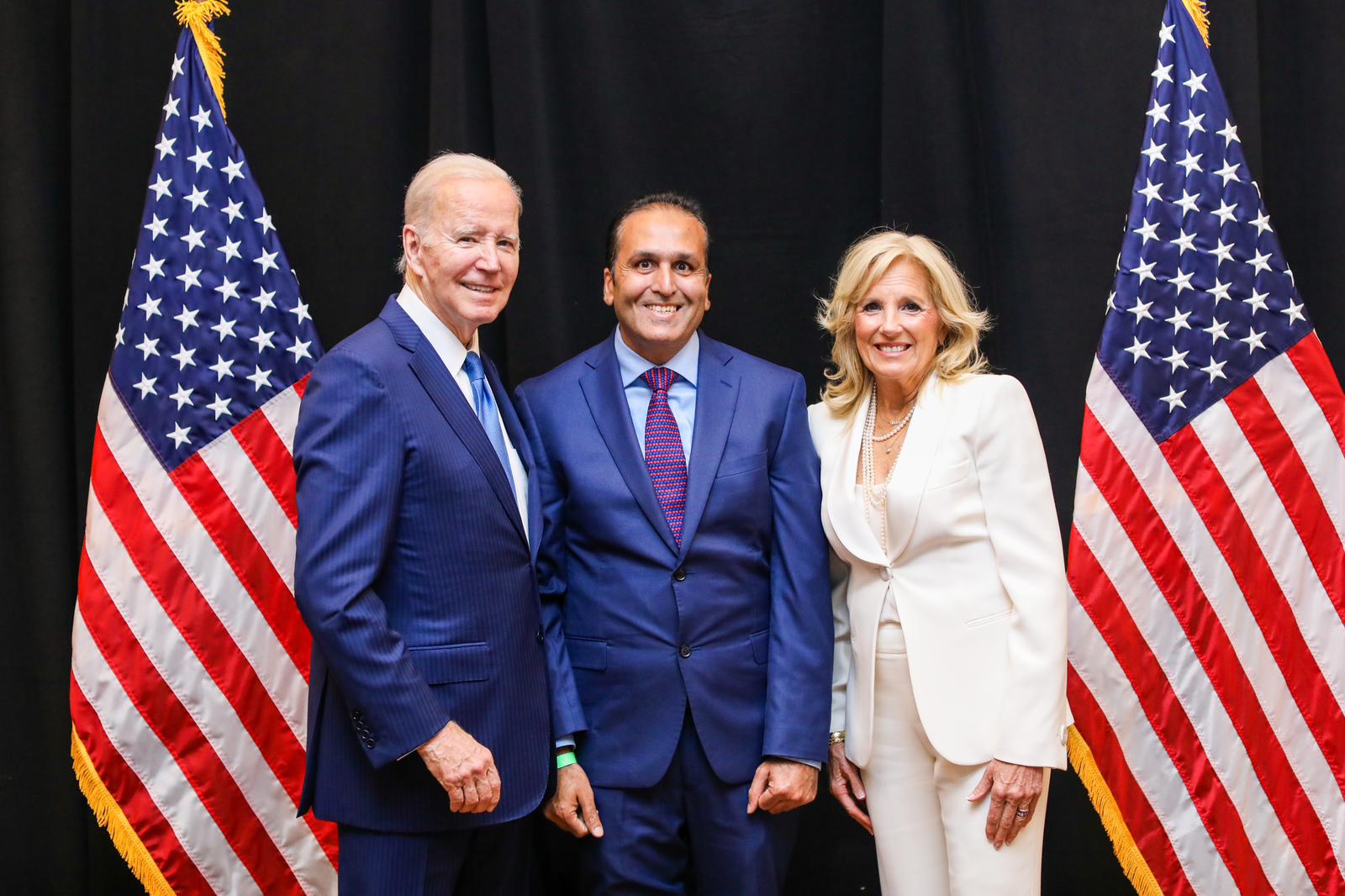Jain leaders share lessons on non-absolutism and forgiveness
Madhur Pragyaji tells Ajay Bhutoria that understanding multiple perspectives can ease problems at every level.
 Ajay Bhutoria with Samani Niyojika Madhur Pragyaji and Samani Dr. Amal Pragyaji. / Ajay Bhutoria
Ajay Bhutoria with Samani Niyojika Madhur Pragyaji and Samani Dr. Amal Pragyaji. / Ajay Bhutoria
Samani Niyojika Madhur Pragyaji said that the Jain principle of non-absolutism can help resolve conflicts in families, communities, and society. Speaking with Ajay Bhutoria in an interview, she explained that her 45 years of experience as a disciple and leader in the Samani Order has shown her how the practice fosters compromise and understanding.
“My experience of 45 years is that Jain principles are very simple and if we apply them, life becomes very easy,” she said. “Many times in life, problems arise because we think from one angle and ignore the other angle. And that is why we are not able to understand the other person’s perspective… So we are not able to compromise.”
She added, “If I think this way, then what the other person is thinking, if I try to look at it from that perspective, then there can be a compromise between both thoughts and there can be a solution to the problem. If I give importance to my thoughts, then if I give importance to the thoughts of the other person, then there can be a solution to the problem.”
Madhur Pragyaji, initiated in 1980, holds a Master’s degree in Jainism and Comparative Religion and Philosophy. She heads the Samani Order and serves at the Jain Vishva Bharati Institute in Ladnun, Rajasthan. Known for her work in Preksha Meditation, she has conducted sessions and delivered lectures worldwide, including in the UAE, UK, US, Japan, and other countries, promoting Jain values of non-violence, compassion, and mindfulness.
Also joining the discussion was Samani Dr. Amal Pragyaji, a scholar at the same institute and a disciple of His Holiness Acharya Mahashramanji. She holds a PhD on the “Impact of Preksha Meditation on Dispositional Forgiveness” and serves as Assistant Director of the Bhagavan Mahavir International Research Centre. Dr. Amal has conducted meditation camps globally and lectures on Jain philosophy, travelling to countries including the UAE, Vatican City, Italy, Switzerland, and Nepal.
Bhutoria, based in California, said he felt “very lucky” to have been born and raised as a practicing Jain and sought their insights on applying Jain principles in contemporary life. Both scholars emphasised the relevance of core values like non-violence, mindfulness, and openness to multiple perspectives in today’s world.
_page-0001.jpg)
-10”-x-5.jpg)

 Ajay Bhutoria
Ajay Bhutoria

.jpg)





.jpg)
 (1).jpg)



.jpg)

Comments
Start the conversation
Become a member of New India Abroad to start commenting.
Sign Up Now
Already have an account? Login